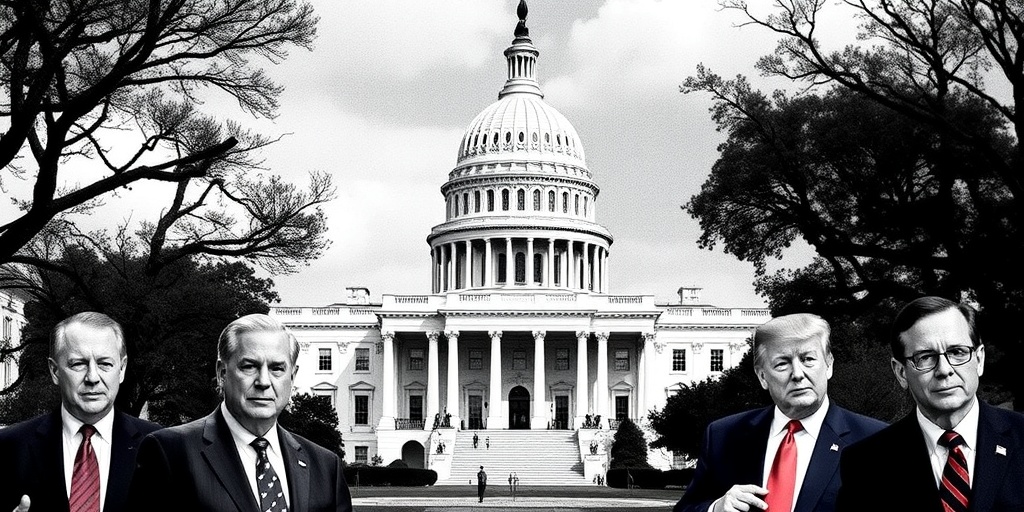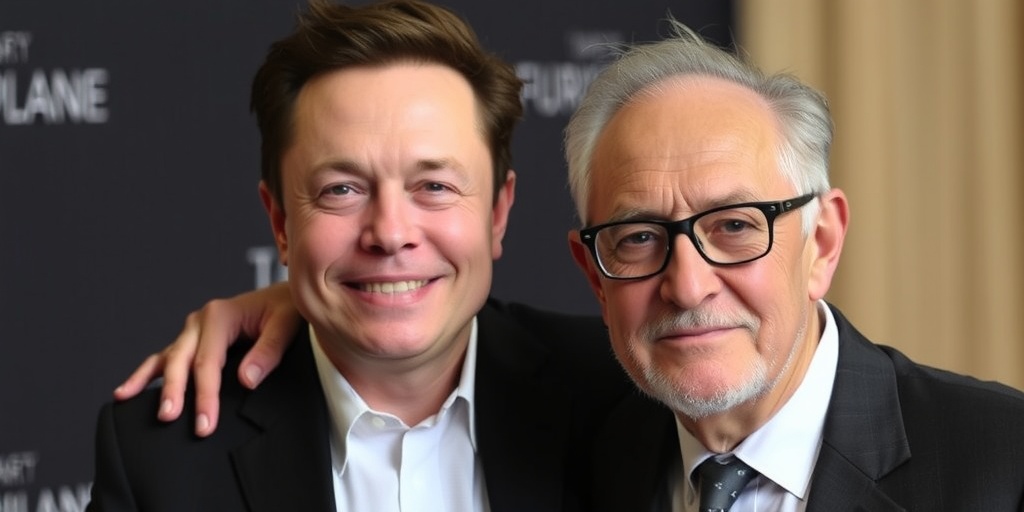Now Reading: Judge Extends NIH Research Funding Halt
-
01
Judge Extends NIH Research Funding Halt
Judge Extends NIH Research Funding Halt

A federal judge has granted an extension on a temporary order that prevents the National Institutes of Health (NIH) from implementing significant cuts to grant funding for institutions engaged in medical and scientific research. Judge Angel Kelley of the Federal District Court for the District of Massachusetts made this decision during a hearing on Friday, following a previous order that halted the Trump administration’s proposed funding reductions. This directive was scheduled to expire on Monday, prompting a swift and urgent request from several states and associations to ensure a more permanent cessation of these cuts.
During the hearing, Judge Kelley scrutinized the potential “irreparable harm” that could result from the suspension of NIH funding. The ongoing legal battle revolves around the NIH’s plan to cut approximately $4 billion in funding tied to what are classified as “indirect costs.” These expenses encompass necessary overheads like facility maintenance and administrative salaries, which the NIH argues could be better allocated to direct research funding. The proposed change seeks to reduce the reimbursement for these indirect costs to a standardized rate of 15% for all institutions receiving grants, a measure that a government attorney claims aligns with the practices of private foundations.
However, attorneys representing the states and affected research institutions countered that direct and indirect costs are often closely linked, claiming that both are essential for the successful delivery of research projects. One attorney vividly illustrated this relationship by comparing a researcher conducting experiments funded by an NIH grant to a worker responsible for disposing of hazardous medical waste generated by these experiments. The argument highlighted that both roles are vital for the continuation of research activities, regardless of how they are categorized in funding terms.
The extensive testimony provided by the plaintiff’s lawyers outlined a multitude of adverse outcomes resulting from the potential funding cuts. They warned of layoffs for highly skilled staff members—such as veterinary technicians and hospital nurses—who play critical roles in facilitating research. Additionally, they highlighted the risk of halting clinical trials for new drugs, which not only impacts research timelines but also threatens the viability of institutions that may struggle to rehire staff once projects and trials are forced to stop.
As the context of the funding cuts unfolds, the lawyers described a chaotic atmosphere at universities coinciding with the admissions season. They expressed concerns that both institutions and prospective Ph.D. applicants may need to consider whether their intended research projects are now feasible due to the potential loss of critical funding. The legal representatives further emphasized that smaller universities, in particular, could face dire consequences as they might be ill-equipped to absorb the financial shortfalls left by the proposed funding reductions.
In instances where larger institutions with substantial endowments are concerned, the impact of the funding cuts may still be significant. The plaintiffs cited a case involving a $200 million neuroscience laboratory at the California Institute of Technology, constructed in 2020, which relied in part on anticipated NIH funding. The funding cuts would create a substantial gap in their research budget, according to the lawyers.
The implications of the funding dispute extend beyond the plaintiffs, with professional associations for dental and nursing schools also expressing concern over the ramifications for their programs. Government lawyer Brian Lee characterized the adverse effects highlighted in the hearing as largely speculative and lacking concrete evidence of damage. He indicated that the plaintiffs had alternative avenues for recourse, including potential claims under the Tucker Act, which allows groups to pursue legal action based on contract claims against the government.
Throughout the proceedings, Judge Kelley inquired about the likelihood of harm to the plaintiffs, to which Mr. Lee replied that, while there may be challenges, they would not necessarily constitute irreparable harm. He maintained that the proposed 15% cap on indirect costs was consistent with the practices of private foundations, asserting that the intent of the caps was to reallocate funding to directly support researchers.
In his closing statements, Mr. Lee emphasized that the adjustments to grant funding are not a reduction in overall grant amounts but rather a shifting of funding priorities, a decision he argued falls within the discretion of the executive branch. Conversely, lawyers representing the states and research organizations contended that enforcing a uniform 15% cap on indirect costs fails to acknowledge the unique needs of institutions of varying sizes, which must negotiate with the government based on their specific funding requirements. They stressed that differing operational scales significantly impact the structure of both direct and indirect costs, bolstering their argument that the blanket cap is unreasonable and arbitrary.
Stay Informed With the Latest & Most Important News
Previous Post
Next Post
-
 01New technology breakthrough has everyone talking right now
01New technology breakthrough has everyone talking right now -
 02Unbelievable life hack everyone needs to try today
02Unbelievable life hack everyone needs to try today -
 03Fascinating discovery found buried deep beneath the ocean
03Fascinating discovery found buried deep beneath the ocean -
 04Man invents genius device that solves everyday problems
04Man invents genius device that solves everyday problems -
 05Shocking discovery that changes what we know forever
05Shocking discovery that changes what we know forever -
 06Internet goes wild over celebrity’s unexpected fashion choice
06Internet goes wild over celebrity’s unexpected fashion choice -
 07Rare animal sighting stuns scientists and wildlife lovers
07Rare animal sighting stuns scientists and wildlife lovers





















